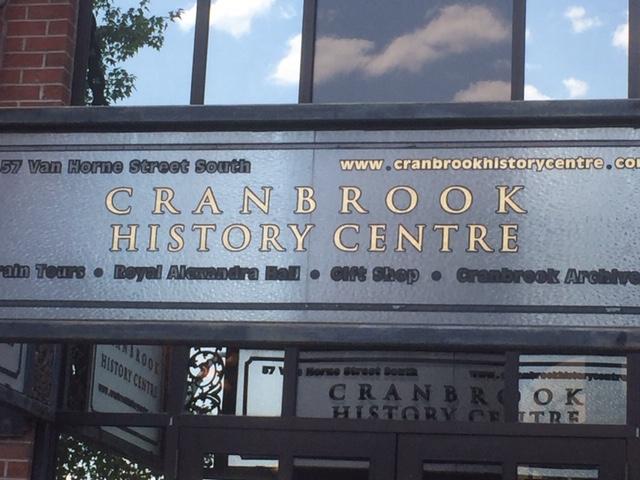A travelling exhibit telling the history of the Sixties Scoop and the first-hand accounts of several survivors will have a stop in Cranbrook.
The Cranbrook History centre and the local library are partnering with the Sixties Scoop Indigenous Society of Alberta to host the event.
Attendees will have the opportunity to learn about the various provincial governments’ treatment of the Indigenous community, particularly children.
“It was a period of time between 1950 and 1990, where the federal government offloaded the responsibility of child welfare to provincial organizations,” said Sixties Scoop Indigenous Society of Alberta president Sandra Relling.
“These agencies went into Indigenous communities and removed children and placed them in non-indigenous homes. Some were fostered and spent their youth in foster care, some were adopted out.”
Relling said some children were fostered out or adopted across Canada and, in some cases, internationally.
Relling herself is a survivor of the Sixties Scoop and explained what she went through. She was taken from the hospital when she was an infant.
“My mother was called to come to get me from the hospital when I was just over a year old. I had been apprehended by the time she drove that 45 minutes into Edmonton,” said Relling. “She never saw me again until I was 21.”
According to Relling, Indigenous children were taken right from birth up into their teens.
Being taken away from their families without their consent at a young age has left those subjected to this with emotional and often physical scars well into adulthood.
“We didn’t know where we fit in or where we belong. We didn’t know if we were Indigenous or caucasian,” said Relling. “It was very much a problem with identity and knowing who we were, not only as people but as Indigenous people.”
Relling said many survivors of the Sixties Scoop continue to deal with trust, abandonment and relationship challenges.
“A lot of Sixties Scoop survivors were very abused in their youth, and that carried on into their adulthood, with them having to deal with that kind of trauma and not really knowing where to turn,” explained Relling. “When you’re going through this, you really feel like you’re the only one going through it.”
Relling explained that the provincial agencies attempted to justify their actions by saying that Indigenous parents were incapable of raising their own children.
“Whether or not you had the ability to parent your child, it seemed to be secondary to straight out removal of children. There were no opportunities for children to go back to their communities, to have healing programs for parents, skills programs to learn how to parent so children could stay with their family,” said Relling. “It was very much them going in, scooping kids out of their communities and move them to non-indigenous homes.”
Relling will be in Cranbrook with the Bi-Giwen: Coming Home – Truth Telling from the Sixties Scoop exhibition, hosted in the Cranbrook History Centre.
“The exhibit explores the experiences of survivors of the Sixties Scoop. It features the first-person oral histories of 12 indigenous survivors, and it reflects on their pain, loss, strength and resilience,” said Relling.
The event will be open to the public from 10 a.m. to 5 p.m. on Wednesday, May 11.




